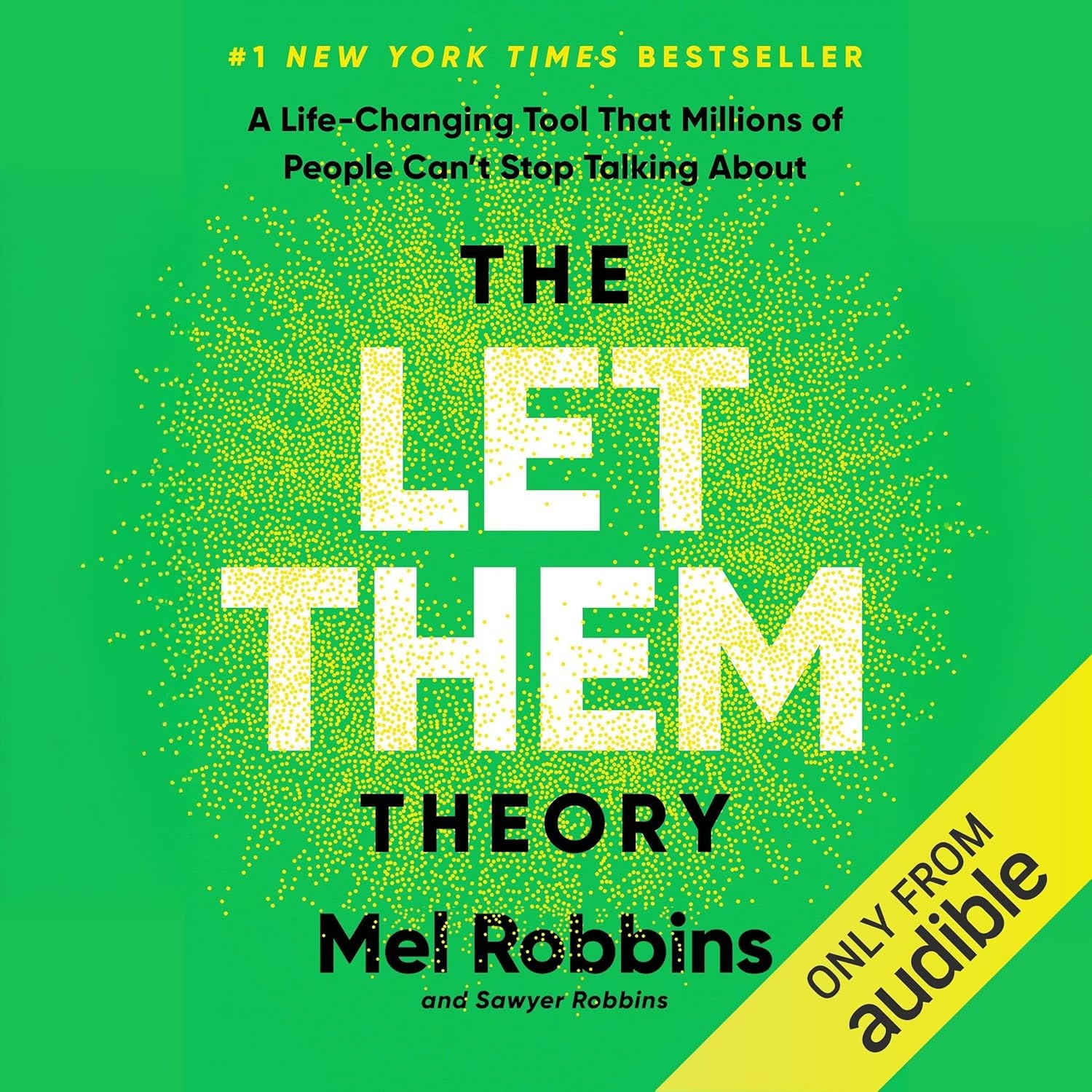![]() “I forgive you” are powerful words. They sometimes come as a surprise to us, and we have to make a decision. Can I forgive? Do I want to?
“I forgive you” are powerful words. They sometimes come as a surprise to us, and we have to make a decision. Can I forgive? Do I want to?
Since I was twenty-four years old, I’ve held in my heart this memory, this blessing of forgiveness given me by my grandmother, Gram, who raised me.
The old woman looked at me with an uncharacteristic glow, her deep brown eyes peaceful for the first time in years. For the last few years, I’d tried to escape my grandmother, her ballistic rants and thunderstorm moods, her hatred and grudges. But it’s not so easy when Gram was the only “parent” who cared enough to raise me. I was visiting her in a convalescent home, after having just seen my dying father. A dark cloud hung around me, the shreds of history woven by Gram and my father, a long war they’d waged for years. The history of these battles tied knots around my heart. Gram would force me to write hate letters to my father, and he answered in kind, letters addressed to me, letters filled with rage and counter-accusations.
He’d married my mother after a quick courtship, I was born 10 months later, and he was gone before I was one year old. Mother left me with her mother when I was four. Dishes were thrown when mother came to visit, vile words flung about during visits by both parents. My psyche was littered with the debris of war, sharpened knives of wounding words, saddlebags of grudges.
Today, she looked so small lying there on the white sheets, her eyes soft, her voice like the Gram who used to brush my hair from my face and murmur, “You’re my Sugar Pie.” She was mother and father, best friend, advocate for history, literature, foreign languages, the piano and cello, passionate about college and learning – everything she might have wanted for herself in another era.
Her slim fingers reached for my hand. “I have something important to tell you.”
The air in the room was not so dark and heavy as it used to be at home, and she appeared to be light, weightless, unburdened, so unlike her. What had happened to her since my last visit nearly two years ago when I ran from the house to escape her rage?
She told me about her week in the Catholic hospital, how a priest found her weeping every day – usually she was either enraged or crying – and he gave her the Last Rites. Shocked at hearing about a ritual for the dying, I held her hand. “Honey, will you please forgive me for hating your father all those years? I know he’s ill, and I’m so sorry.”
Forgive her? I couldn’t lie to her, but her request was so unexpected. I had a lifetime of unresolved stuff, a mountain of unfinished business reaching to the ceiling. I searched for a place in my heart, a small room with a window where forgiveness might be possible.
My history flashed in a kaleidoscope of images – the nights in adolescence when I cried every midnight, the welts from her yardstick, the sweetness of her hugs, her passion about England, piano music and travel, how her eyes would light up in the Nash Rambler on the road to Iowa, how she loved the train, the silver tea service, linen napkins and continental style of living. Silk dresses. Red lipstick. How she seeded all this in me.
I found that open window – a gentle wind blew a lace curtain and the sun blessed us. Something in me melted. “Gram, it’s okay. I forgive you.” I held her hand and looked into her warm eyes, bridging the fractured past with love, and new hope.
Two weeks later, she died on my twenty-fifth birthday. But on that day, the light in her eyes, her apology, and my acceptance was a blessing – the most profound moment of my life.
Linda Joy Myers, a practicing psychotherapist, is the author Don’t Call Me Mother: A Daughter’s Journey From Abandonment to Forgiveness, and the President of the National Association of Memoir Writers.




Loved this book.
Such a wonderful piece- and such a statement about the human desire to make things right with one another. I have so many people I’d like to fix things with and the best I can do is forgive and apologize. Thanks for posting, Virginia- FirstClassWoman
What a beautiful piece of writing. You write on two topics I think a lot about: abandonment and forgiveness. I’ll be reading your book!
As I read about your relationship with your grandmother, my eyes misted over, remembering my Aunt Atty, who added discipline to the chaotic lives of my brother and me. In her last hours, we shared forgiveness and reconciliation , but my brother Ben was too afraid of her power to visit her. I wonder if this selection, the grandmother part, was in your Don’t Call Me Mother? I remember so much of that powerful book, but not the grandmother. Thanks,. Marta
(I’ll have to look it up, but I’ve loaned my book out!”